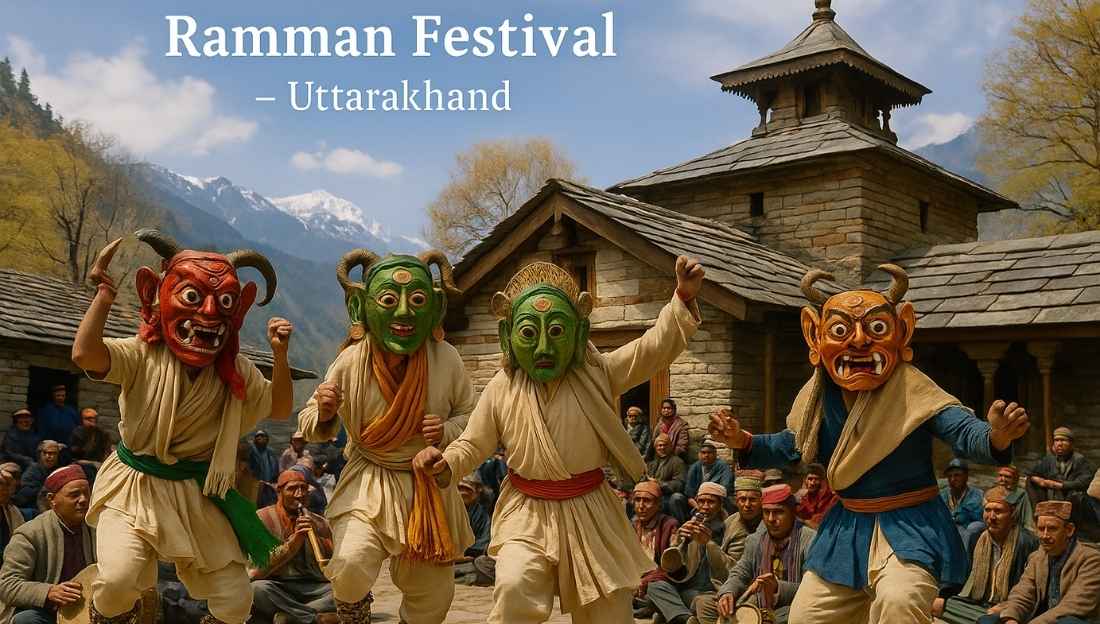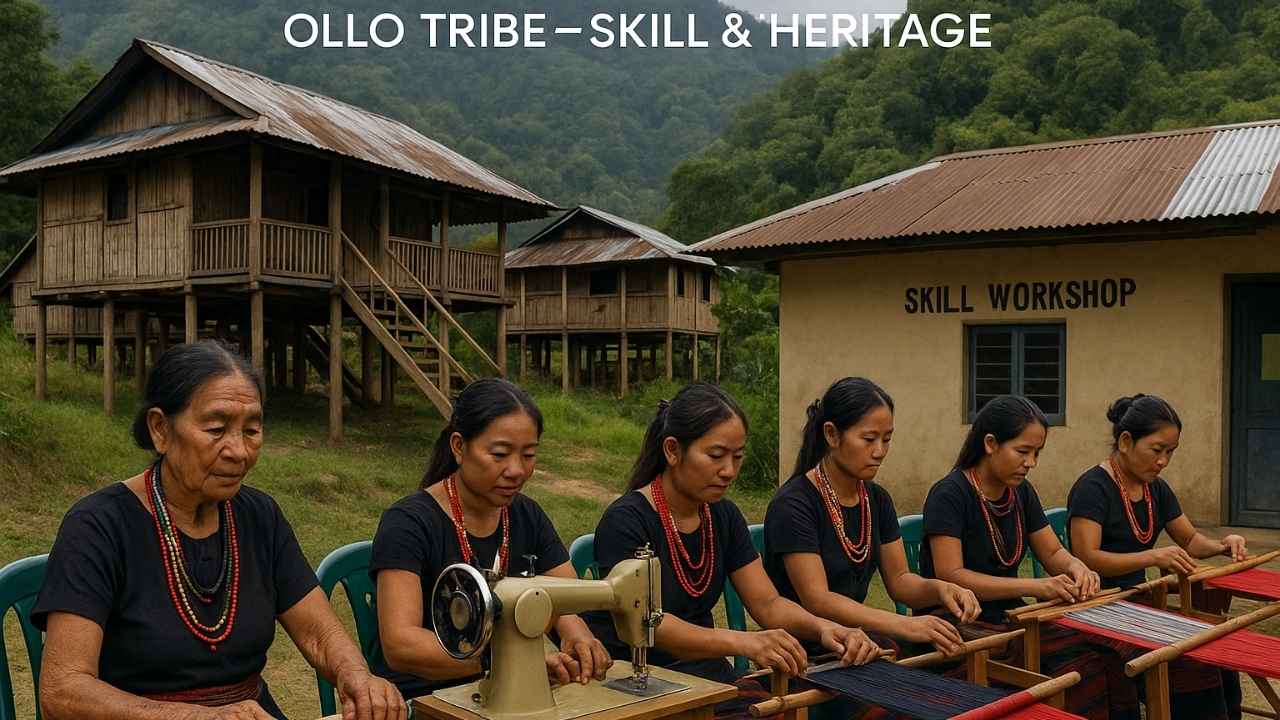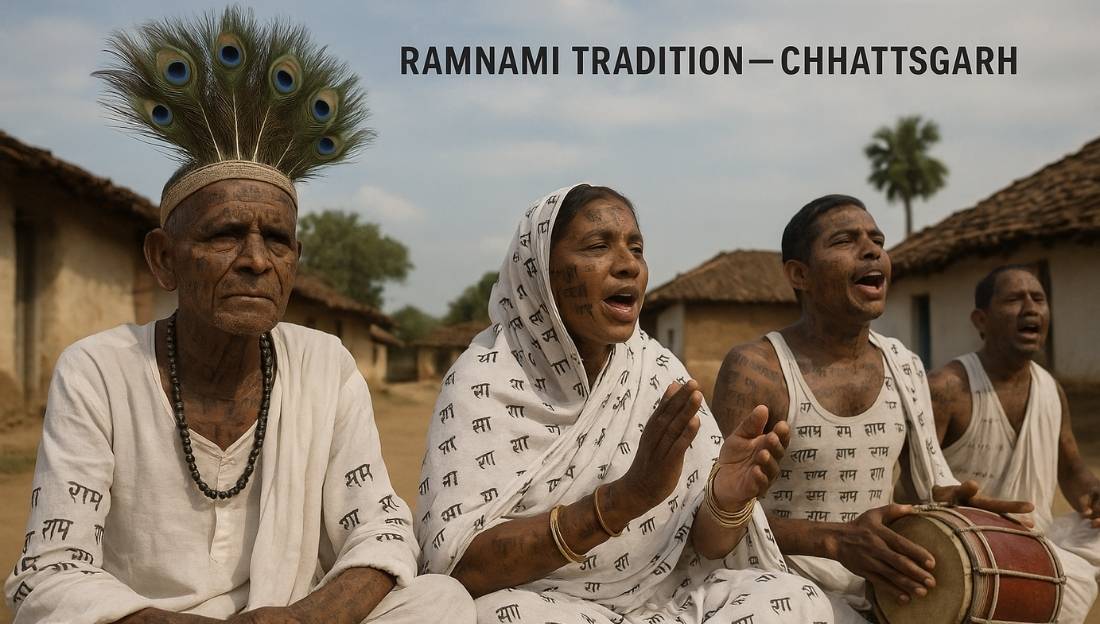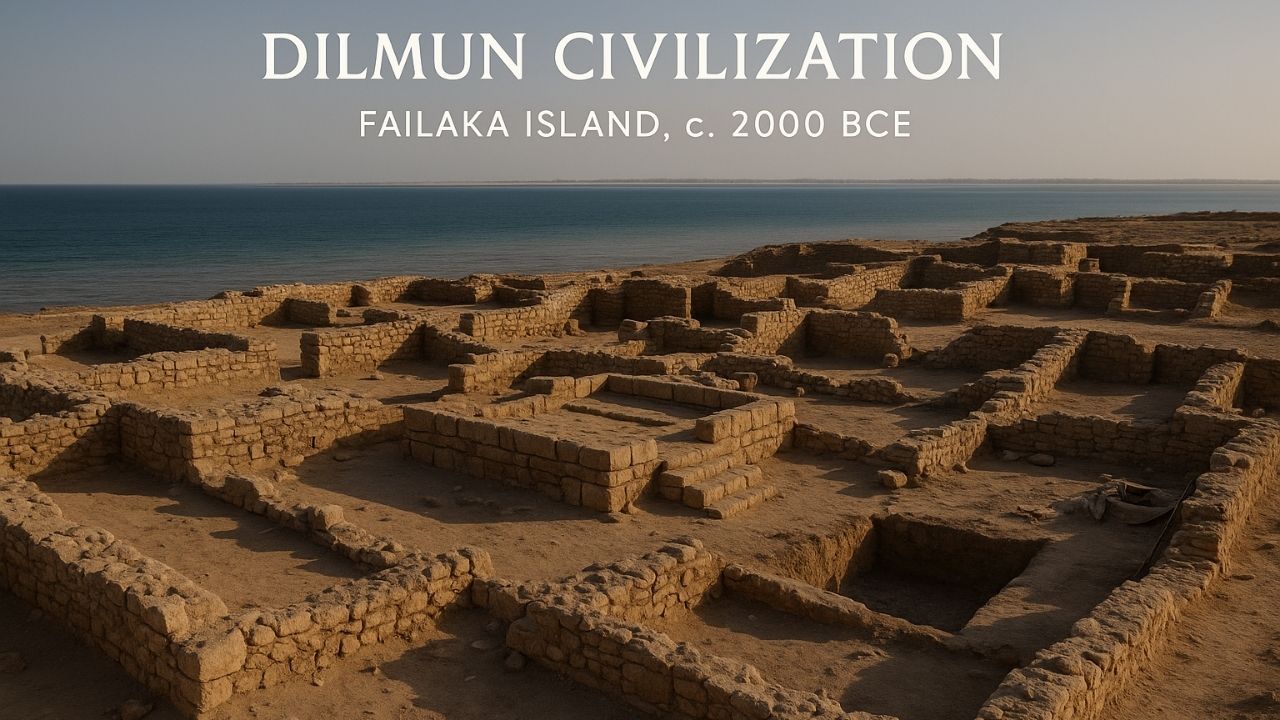The Ramman Festival is a traditional religious and cultural celebration held in the Saloor-Dungra villages of Uttarakhand. It represents a unique blend of ritual worship, oral storytelling, dance, theatre, and community participation.
Key Features
- Celebrated annually in April in honour of the local deity Bhumiyal Devta.
- Recognized by UNESCO in 2009 as part of the Intangible Cultural Heritage of Humanity.
- The festival takes place in the courtyard of the Bhumiyal Devta temple, making the ritual space central to the celebration.
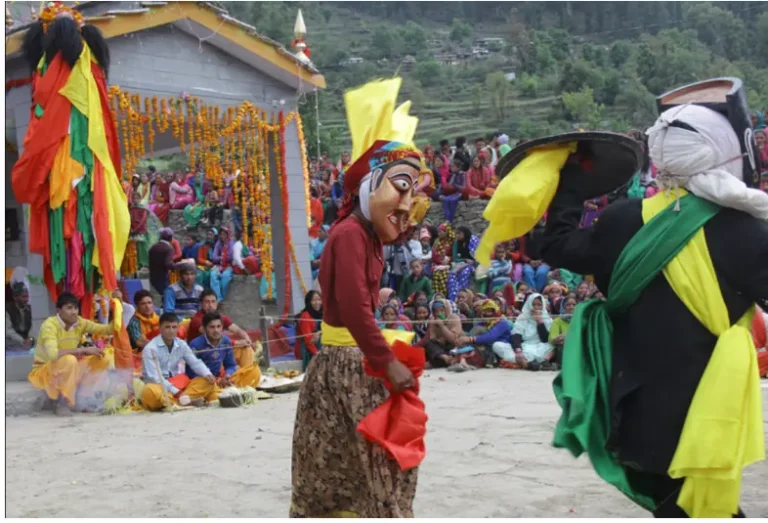
Cultural Practices
- The performances include recitations from the Ramayana and local legends, combining mythological and regional narratives.
- The festival is famous for masked dances, where performers wear 18 types of masks made from Bhojpatra (Himalayan birch).
- Music is provided by traditional instruments like Dhol, Damau, Manjira, Jhanjhar, and Bhankora.
Community Participation
- Every household contributes, and roles are traditionally caste-based, such as: Priests conducting rituals, Artisans making masks, Musicians and performers carrying out songs and dances.
- The festival relies on oral transmission, passing songs, techniques, and rituals from one generation to the next.
Significance
- Preserves indigenous cultural identity and local religious belief systems.
- Demonstrates community-led heritage conservation without external institutional control.
Conclusion
The Ramman Festival is a living cultural tradition that showcases the harmony of faith, performance art, and community cooperation, contributing richly to India’s cultural diversity.
This topic is available in detail on our main website.


